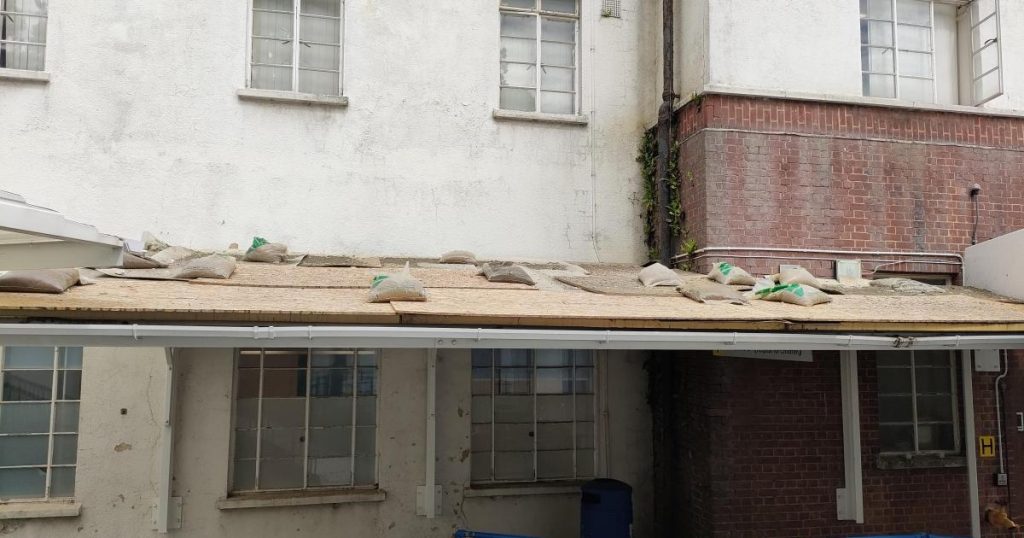The initiative, launched by the government in October 2020, was found to have several issues.
Health Secretary Wes Streeting pointed out that many projects were misrepresented as new hospitals, when in fact, they were just refurbishments or extensions.
(Image: St George’s, Epsom and St Helier University Hospitals and Health Group)
Key findings in the review included the misrepresentation of projects, significant funding gaps, and construction delays.
The allocated funds for the programme are set to expire in March 2025, with no provisions made for future financing.

Many of the projects have been delayed by several years, contributing to the existing £37 billion under-investment in NHS infrastructure identified over the last decade.
The government has now restructured the New Hospital Programme into four waves, based on the urgency and feasibility of the projects.
Wave 1, planned for 2025 to 2027, will focus on hospitals built with reinforced autoclaved aerated concrete, considered unsafe beyond 2030.
Wave 2, planned for 2028 to 2030, includes projects that are in advanced stages of planning and can start construction soon.
Wave 3, from 2031 to 2034, contains projects that require additional planning before construction can begin.
Wave 4, scheduled for 2035 to 2039, includes projects in the early planning stages or those needing significant preparatory work.
The government said this phased approach would provide a realistic and affordable timetable for delivering the new hospitals, ensuring resources are allocated effectively to meet the most urgent healthcare infrastructure needs.
However, St George’s, Epsom and St Helier University Hospitals and Health Group’s deputy chief executive, Dr James Marsh, criticised the announcement, saying: “After decades of false promises, the people of south west London and Surrey have been let down once again.”
He added: “Every year we delay adds up to £150m to the cost of a new hospital and keeping the current buildings safe to provide care.”
Dr Marsh said that one ward had already been demolished as it was unsafe, and warned other parts of the hospital were at risk of becoming unsafe for treating patients.
He said: “We now need to plan and prepare for the catastrophic failure of our buildings which could mean moving patient care into temporary buildings.
“If the health secretary thinks we can continue to care for patients for 10 years in this building, we invite Wes Streeting to come and see the state of the estate himself.”



